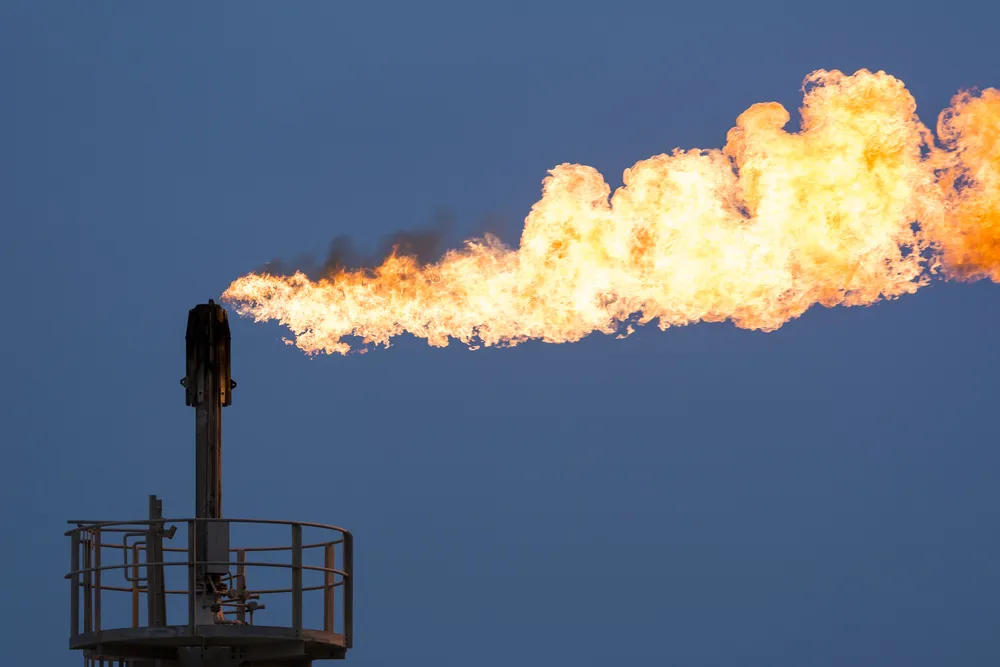Oil Spill Prevention, Response, and Recovery Course
Introduction:
This course on Oil Spill Prevention, Response, and Recovery discusses the dangers and risks associated with oil hydrocarbon exploration and production, including oil spill accidents that occur at refineries, offshore platforms, and during road and marine transport.
Global case studies, as well as best practice methods, will be studied to provide participants with a thorough understanding of oil spills, their origins, and the most recent and effective ways to curtail them and recover from their effects. This includes the use of oil spill skimmer equipment to help reduce the risk of spillage.
A stating completion of the oil spill prevention course will be issued at the end of the course, enabling participants to demonstrate their preparedness in situations involving hazardous oil spill management and containment scenarios.
Objectives:
At the end of this Oil Spill Prevention, Response, and Recovery course, participants will be able to:
- Outline the different types of oil spills and their environmental impacts.
- Investigate relevant measures to tackle pollution.
- Rank the likelihood of various oil spills and allocate suitable preventive measures.
- Develop an intuitive appreciation of the connections between health, wildlife, and the ecosystems affected by oil pollution.
- Describe current technological strategies for addressing oil spills and recovery, as well as provide simulation of oil spill management training.
- Outline the emergency response plan for oil spill incidents, which is crucial for disaster management during any crisis or recovery phase.
Training Methodology:
- Interactive lectures
- Case studies
- Group discussions
- Hands-on training exercises
- Simulations
- Assessments and quizzes
Course Outline:
Unit 1: Overview of Oil Spills and Pollution
- A comprehensive view of oil spills across the globe.
- Classification of oil and its varied characteristics.
- Prevention of long-standing oil pollution issues.
- The sources of oil spills and possible patterns.
- Spills from oil exploration and production offshore vessels.
Unit 2: The Effects of Oil Pollution on the Environment
- The rise in oil pollution constituents.
- Oil seep vs. oil spill.
- Types of exposure to oil pollution.
- Options for oil pollution in freshwater vs. saltwater systems.
- Pollutants and spills of oil and their biological and chemical impacts.
Unit 3: Oil Spill Prevention: How to Prevent Oil Spills
- Assessing the risk and determining the possibility of oil spill and pollution occurrences.
- Methods to build up the oil spill and pollution risk prevention and control measures.
- Risks encountered during the transportation of oil via road or maritime means.
- Oil spills during the refining process and from offshore platforms.
- Development of modern tanker designs (single hulls and double hulls) as a measure to combat oil spillage.
- Case Study: Deepwater Horizon Oil Spill and the technologies of oil spill containment.
Unit 4: Responses and Repairs to Oil Spills and Pollution
- Summary highlights of oil spill response strategies, including oil spill response planning.
- Preparing and implementing appropriate oil spill response plans with a focus on oil spill response training.
- Emergency and medical first-aid responses in the event of oil spills.
- Understanding oil spill pollution management possibilities for suppression and baffling.
- Conducting qualification training and skimming exercises for oil spill and pollution response.
Unit 5: Management and Prevention Review
- Workshop on oil spills and pollution.
- Discussion of oil spill case studies and their contributing factors.
- Analysis of oil spill and pollution risk.
- Consideration of preventive measures, response procedures, and post-incident recovery in relation to oil spills.
- Assessing procedures for managing oil spill and environmental pollution.
- Evaluating methods for recovering oil spills and alternative pollutants.


















